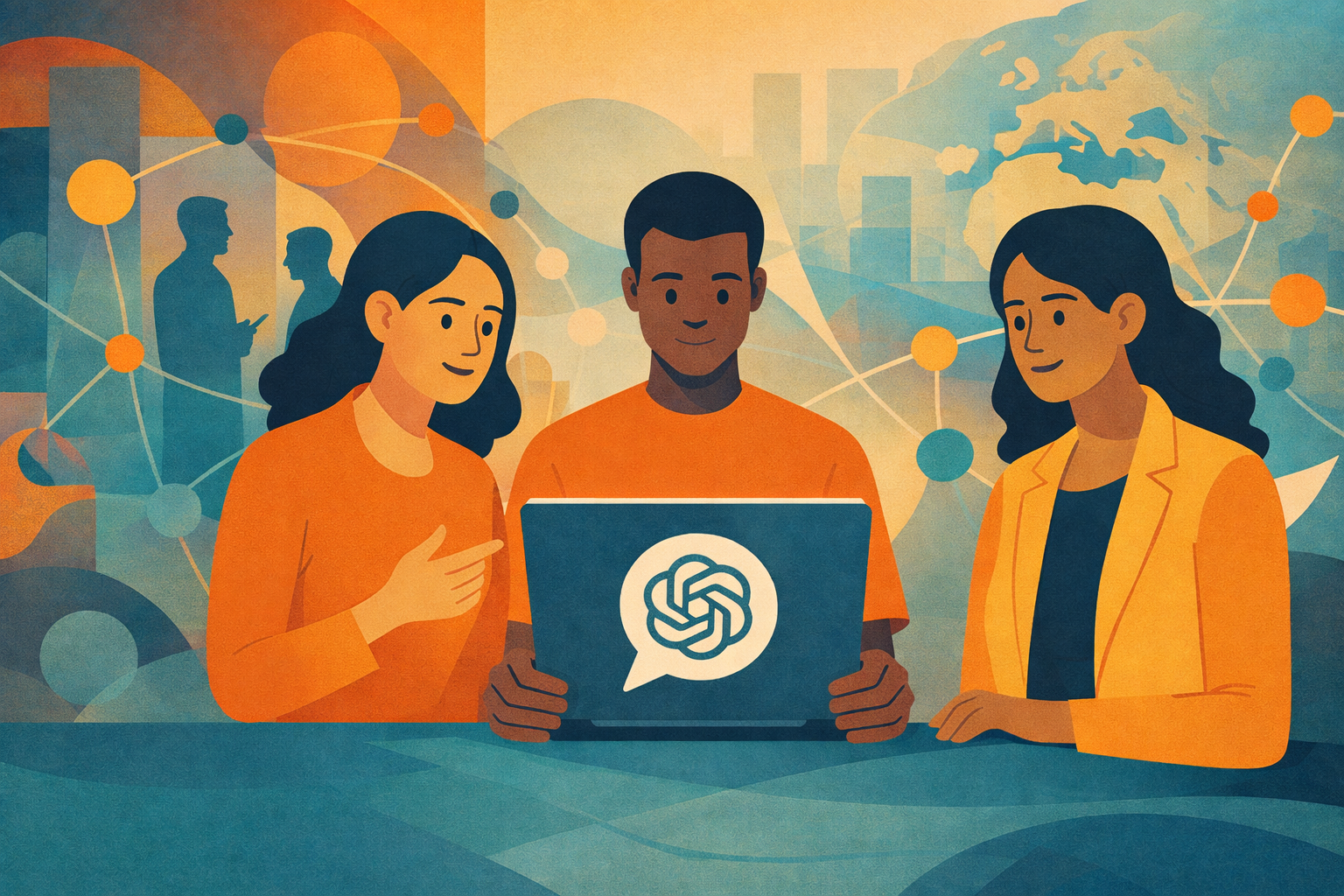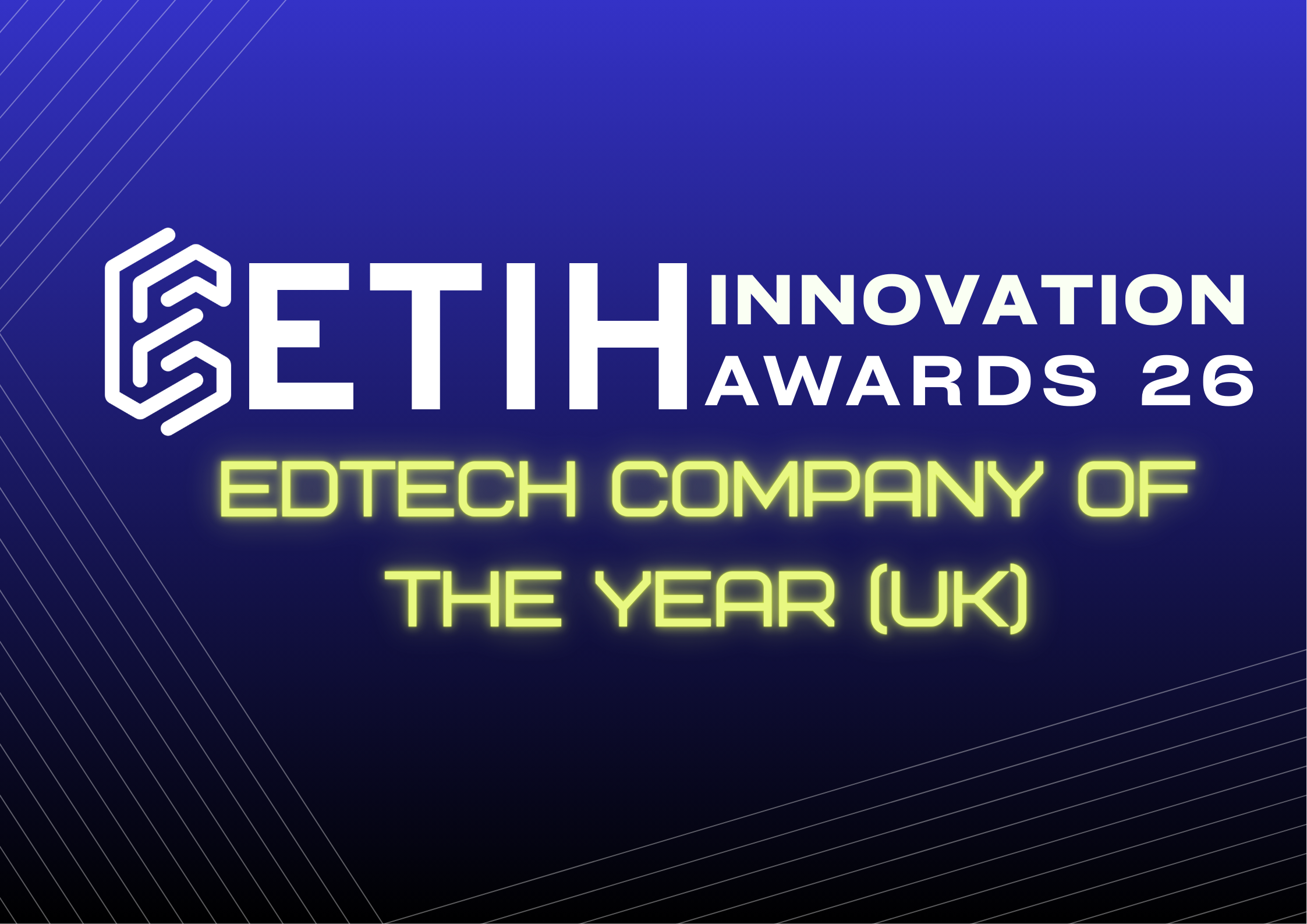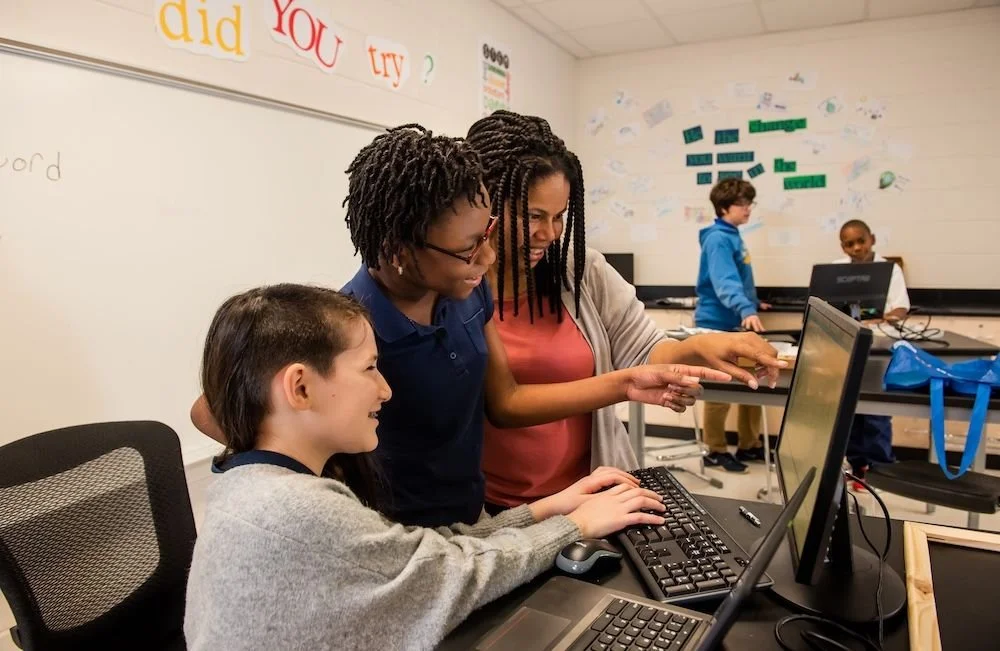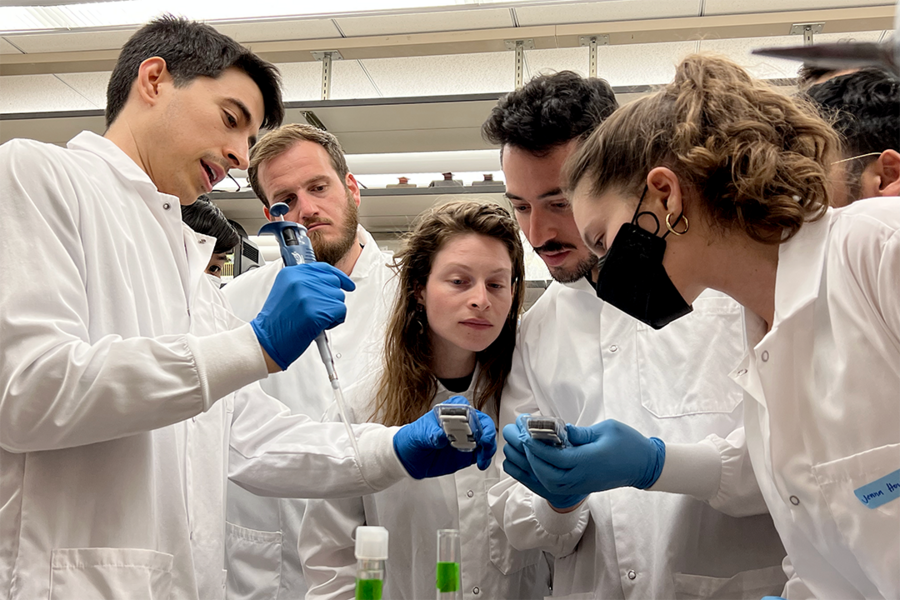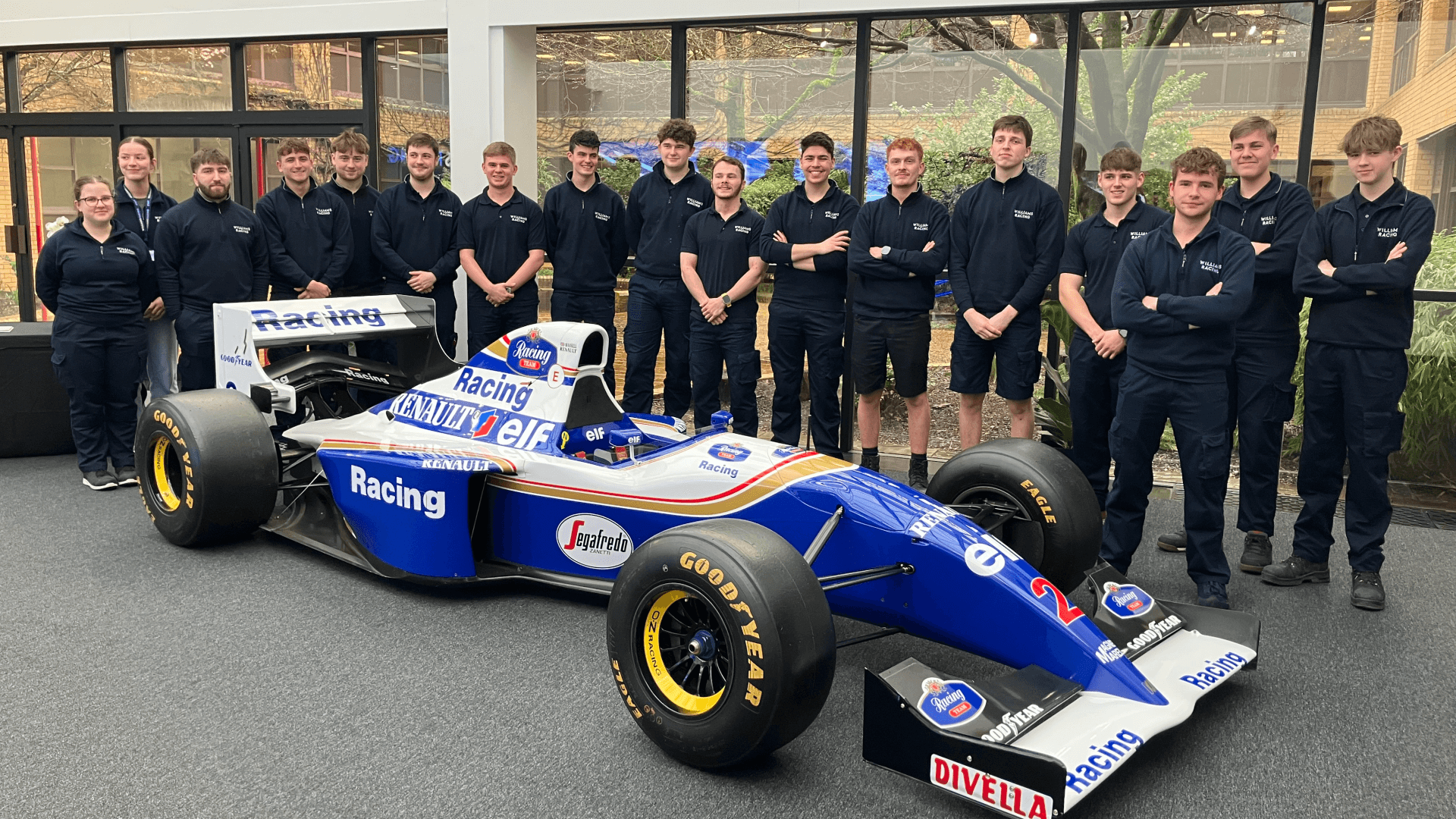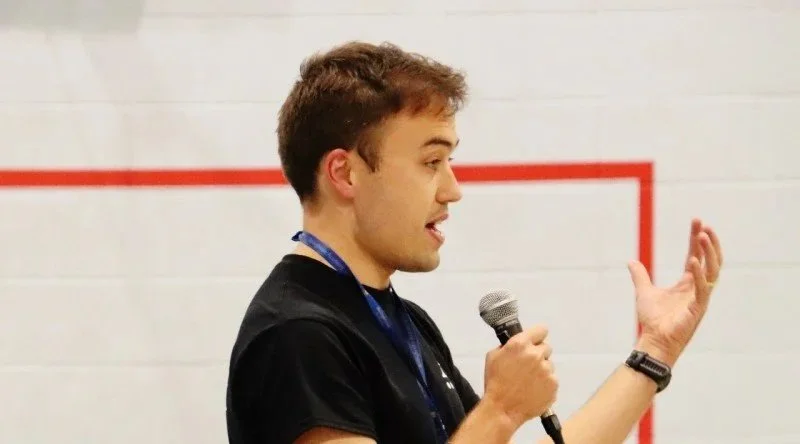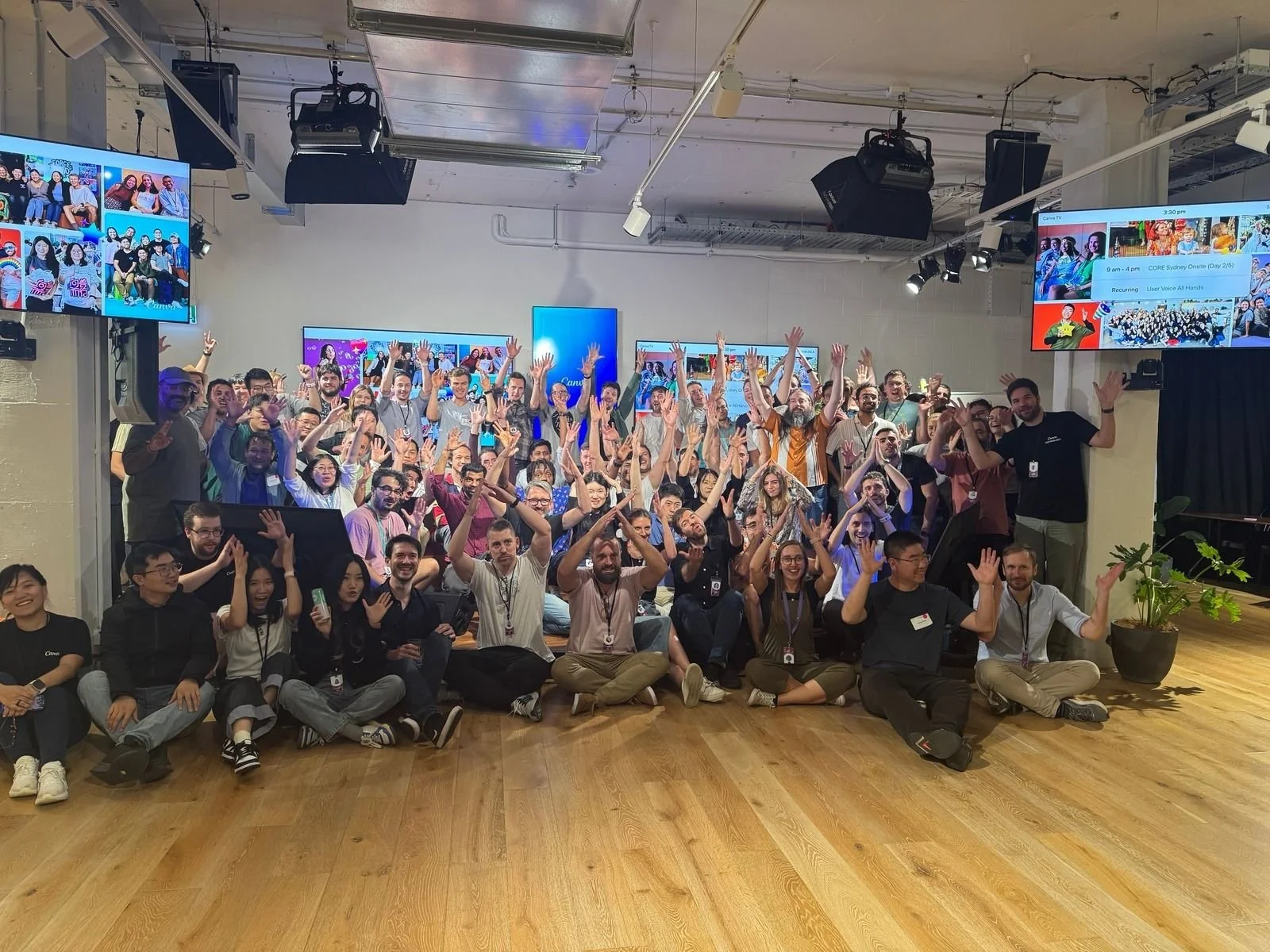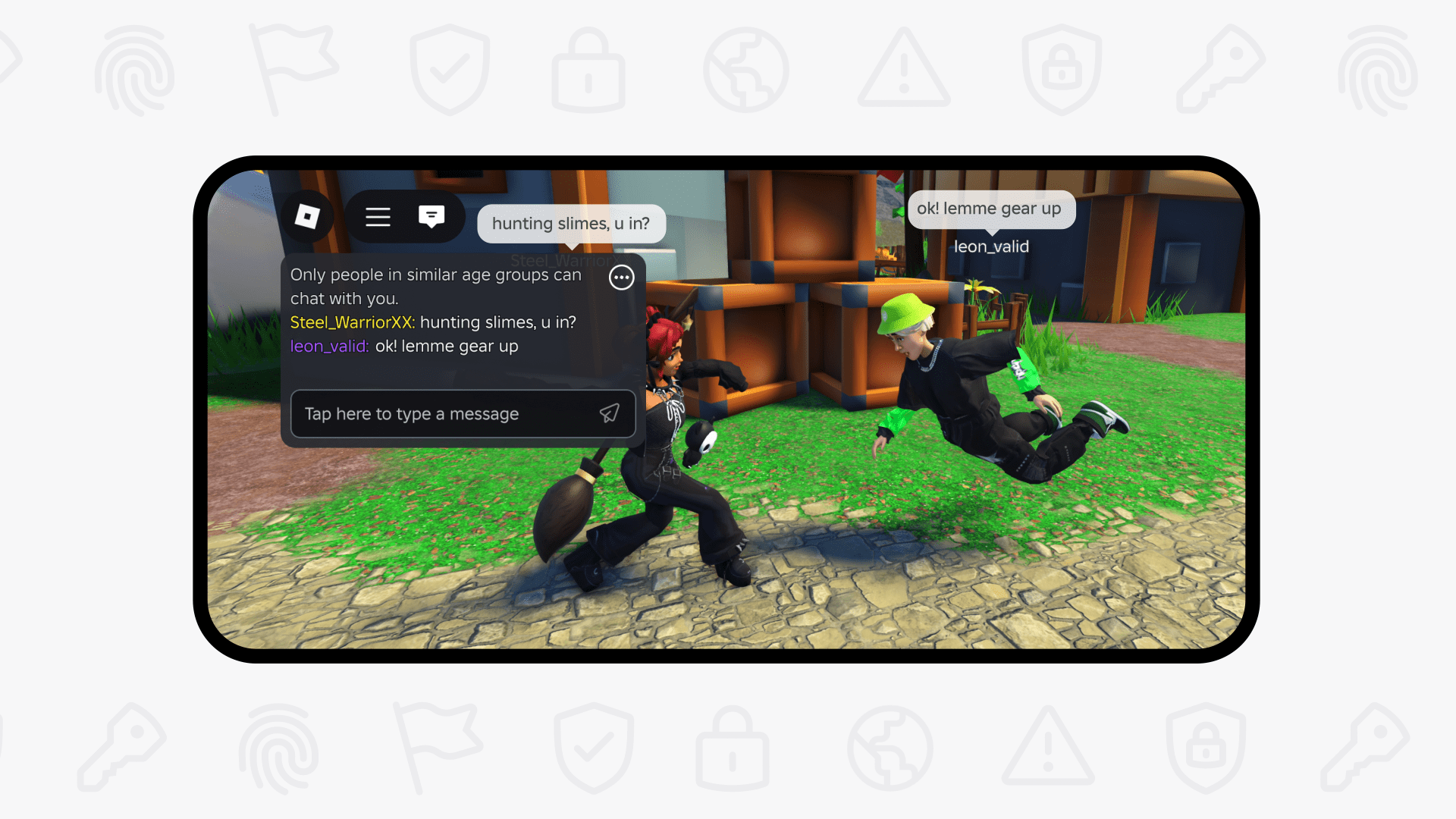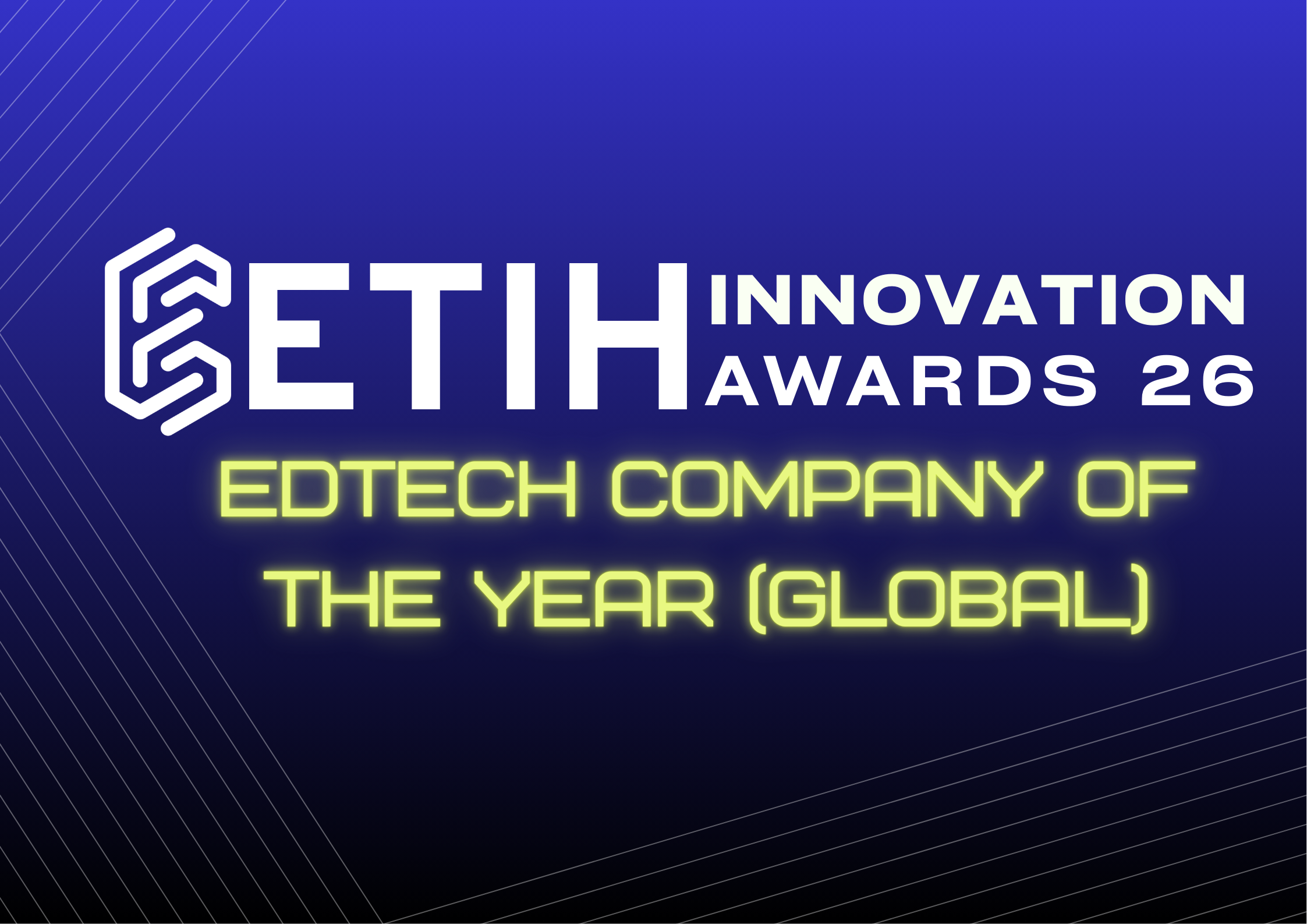Leveling up: How esports is shaping college applications and future careers
In this final comment piece of the year, Jon Chapman, CEO of PlayVS, delves into how esports is reshaping education.
With insights on college admissions, skills development, and student mental health, he makes the case for why competitive gaming is more than just a game—it’s a pathway to the future.
College acceptance season is officially in full swing. It’s that time of the year marked by students proudly wearing their prospective college logos and parents bragging about their child’s accomplishments. College admissions marks a milestone that reflects not only academic achievement but also the unique passions and skills that set each student apart.
For decades, activities like student government, varsity sports, and theater have helped students stand out in the admissions process, showcasing their interests and potential career paths. These activities also demonstrate leadership, collaboration, and time management, which admissions offices love to see. But a new player has been added to the extracurricular roster: esports.
Competitive gaming has transformed from a niche hobby into a legitimate educational and professional pathway, opening the door for careers in STEM, marketing, media, design, coaching, and more. Today, with 90% of teens reporting they play video games, the leap from casual gaming to esports presents a unique opportunity to prepare students for their future by developing real-world skills, strengthening college applications, and even unlocking access to scholarships.
At PlayVS, we’ve had the privilege of watching this transformation and hearing about the benefits esports provides students firsthand. We believe that gaming and esports can have a huge positive impact on student mental health and education.
More than just a game
For newcomers to the concept, esports is more than just playing video games. Competitive gaming requires teamwork, strategic thinking, and adaptability. In many ways it mirrors traditional sports, but with an added layer of digital fluency–a skill that’s crucial in our tech-driven world.
One of the most exciting aspects of esports’ growth is its increasing role in college admissions. Universities are recognizing competitive gaming as a valuable extracurricular that demonstrates the same qualities as traditional sports or academic clubs.
These skills and qualities are exactly what colleges are paying attention to, and it's why esports has gained significant attention in recent years. Today, universities across the U.S. are establishing varsity esports programs, offering scholarships, and even scouting top high school talent. Schools like Michigan State University, University of Nebraska, and University of California Irvine have built robust esports programs, complete with dedicated facilities, coaching staff, and financial aid for competitive gamers.
For students, this means their passion for gaming is no longer confined to their living room—it’s now an extracurricular that can make their college applications stand out. And it all starts at scholastic level. Scholastic-level esports programs serve as the foundation for students to develop the skills and experiences needed to excel in collegiate and professional environments. These programs provide a structured framework, complete with coaching, team dynamics, and regular competition schedules, much like traditional sports.
At PlayVS, we’ve seen countless success stories of students earning scholarships or gaining admission to top universities because of their involvement in scholastic esports. Take the story of a high school senior who led her school’s Rocket League team to a state championship. Her leadership on the team and strategic thinking during matches earned her a scholarship to a university with a varsity esports program. She’s now pursuing a degree in game design, combining her passion for gaming with a future in STEM.
Stories like hers are becoming more common, and they highlight why esports deserves a place on college applications. It’s not just about gaming—it’s about showcasing the skills and experiences that prepare students for success in college and beyond.
How esports transforms students
At its core, esports provides students with an outlet to explore their interests while building valuable skills. In 2024, we released our Esports Impact Report to showcase the positive impact the industry has on students. The report showed that esports are a driver of academic success with coaches seeing improvements in attendance and grades. Nearly half (45%) of students in esports programs report feeling more excited to go to school, and 60% of coaches have observed improved grades and attendance among their players.
Esports also fosters a sense of community. In an age where many young people feel isolated, team-based activities bring students together. Over half (57%) of students in our esports programs say they feel like they belong to a community because of esports, and 46% report making new friends through their participation. These connections aren’t just about gaming—they’re about building relationships, learning to communicate effectively, and supporting one another.
Beyond the social and academic benefits, esports serves as a bridge to future careers. Students involved in competitive gaming are exposed to STEM fields, from game design and coding to artificial intelligence and robotics. These are fields that will define the future workforce, and esports is giving students a head start.
The future of esports in education
As esports continues to grow, its integration into education is only deepening. Schools are beginning to offer specialized courses in areas like game development, digital media, broadcasting, and team management. These programs provide students with hands-on experience in cutting-edge fields, preparing them for careers that didn’t exist a decade ago.
At PlayVS, we’re committed to expanding these opportunities and we’re proud to be a part of this movement. By partnering with industry leaders and educational organizations, we’re working to ensure that every student—regardless of socioeconomic status—can access the benefits of esports. Every match played, every championship won, and every student impacted reinforces our belief that esports isn’t just about gaming—it’s about building futures.
Looking ahead, we see a future where esports is as integral to schools as traditional sports programs. From middle schools to colleges, competitive gaming will continue to grow as a pathway for students to develop skills, build community, and prepare for the workforce.
Jon Chapman is the CEO of PlayVS, a platform powering scholastic esports competitions. PlayVS partners with schools to bring structured competitive gaming to students, providing pathways for skill development, college admissions, and future careers.










